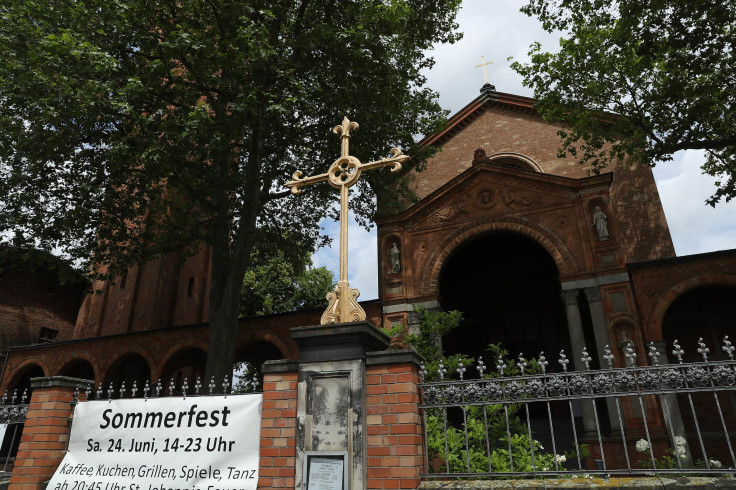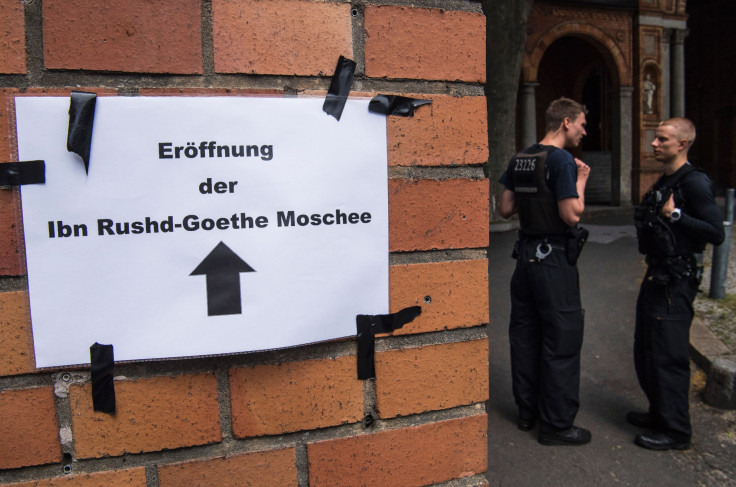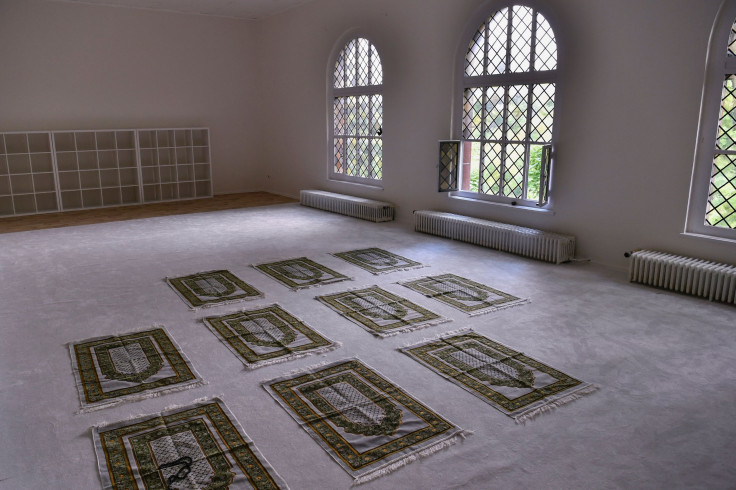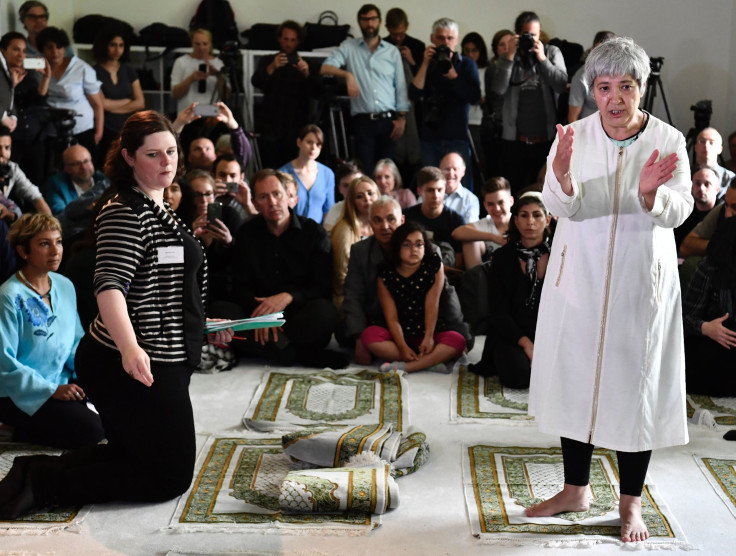Ibn-Rushd-Goethe-Mosque Facts: First LGBT ‘Liberal’ Mosque Of Germany Opens Inside Protestant Church

German-Turkish women’s rights activist Seyran Ates has pulled off an almost impossible task of opening the first LGBT-friendly “liberal” mosque in Berlin, Germany. Muslim men and women, irrespective of their castes, creeds, nationalities and sexual orientations, can attend the mosque to pray together.
Ibn-Rushd-Goethe-Mosque is the first open-minded mosque of its kind in the country and is named after Ibn Rushd, a 12th century Andalusian Islamic scholar and Johann Wolfgang von Goethe, the German playwright. The mosque is located inside a Protestant church, on a busy shopping street in the immigrant neighborhood of Moabit, Berlin.
Read: Instagram Update Adds Stickers Designed By LGBTQ Artists, Rainbow Paint Brush
Dozens of people gathered for Friday prayers at the inauguration of the Mosque, which was led by a female American imam, Newsweek reported.
"I couldn't be more euphoric, it's a dream come true," Ates stated, ABC News reported.

The mosque was eight-years in the making and was finally possible largely due to Ates’ efforts to find a non-divisive place for prayer for the progressive Muslims of the country.
Ates has admitted that even though most of the feedback has been “beautiful and positive,” she has received considerable threats against her dream project.
“I can take care of myself and say, ‘It is my life,’ however, I am afraid that something happens to the others,” she stated, RT reported.
Read: Twitter Reacts To Ivanka Trump Supporting LGBT Community After She Wished For A “Joyful” Pride 2017
Muslim women, for whom home is often the only place for worship since traditional mosques do not allow entry for them, are welcome at the Ibn-Rushd-Goethe-Mosque. Even Shiites and Sunnies, two sects of the Muslim community who are often at odds with each other, are invited to share the same prayer space.

Members of the LGBT community, which is typically frowned upon by conservative Muslims, will also have a place inside the mosque.
The mosque was created with the aim of unifying men, women, Shiites, Sunnies, straight men, gay men and otherwise alike.
“Our goal is to offer a place to worship to all people that do not feel at home in the existing mosques, to women that seek equal rights [with men], to homosexuals and primarily to all separate [Muslim] denominations: Alawites, Sunnis, and Shias,” Ates stated, according to RT.
Women do not need to wear full-face veils or burqas, a tradition that is otherwise common for Muslim women all across the globe when they attend prayers at the mosque.
“Fundamentally, the mosque’s door is open for everyone, with one exception: No one will come in with a niqab or burka,” Ates told Spiegel magazine.

While doing away with burqas and niqabs resonate with themes of gender equality and women empowerment that is advocated by the mosque, the rule is also laid in place for security reasons.
“[This is] for safety reasons and because it is our conviction that the full-face veil has nothing to do with religion, but is a political statement,” Ates added.
The mosque intends to give “modern and liberal Muslims” an opportunity to “show our faces in public” without fear or shame. However, conservative Muslims will also be welcome, given that all they seek is for their voice to be heard.
“Here we do not tell anyone what a good Muslim is, and what a bad one is,” Ates stated.
© Copyright IBTimes 2024. All rights reserved.






















